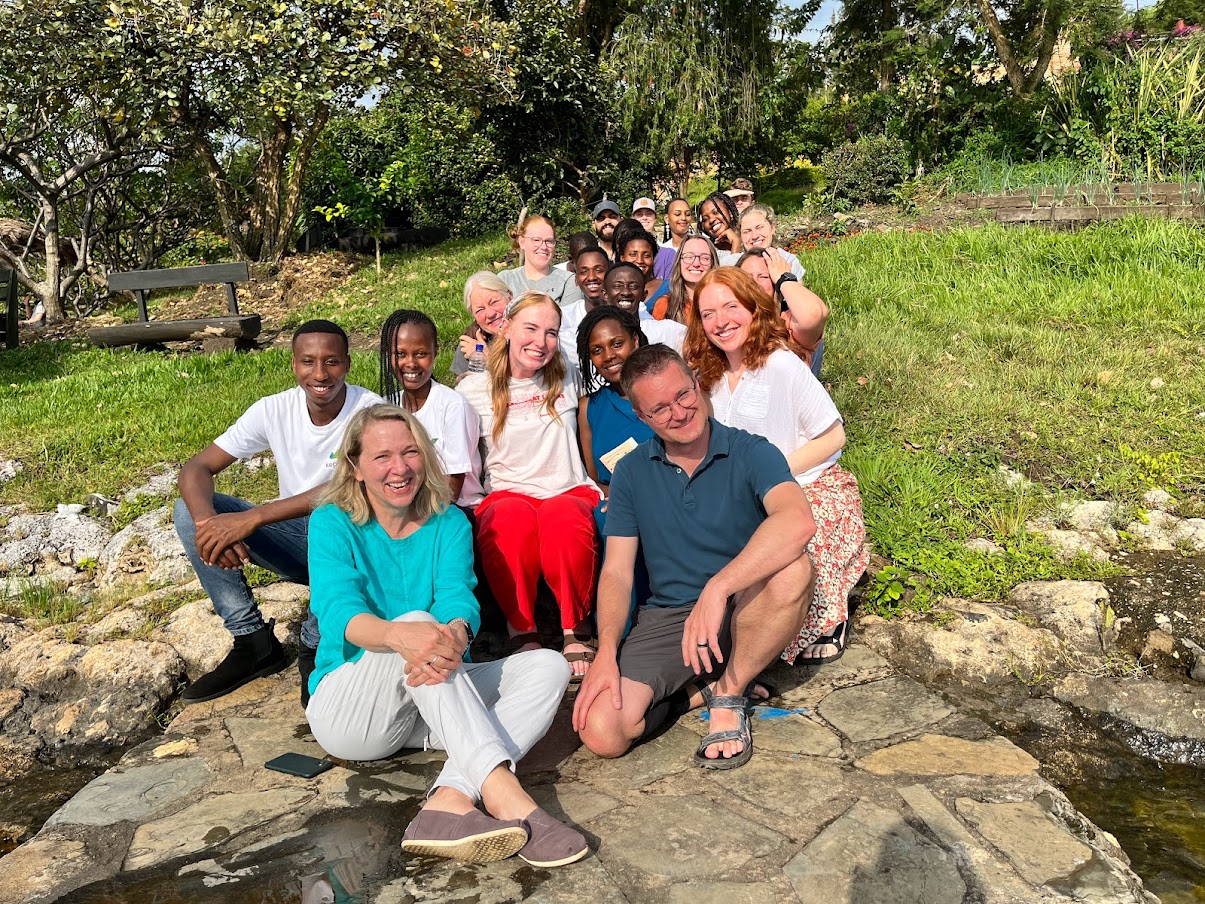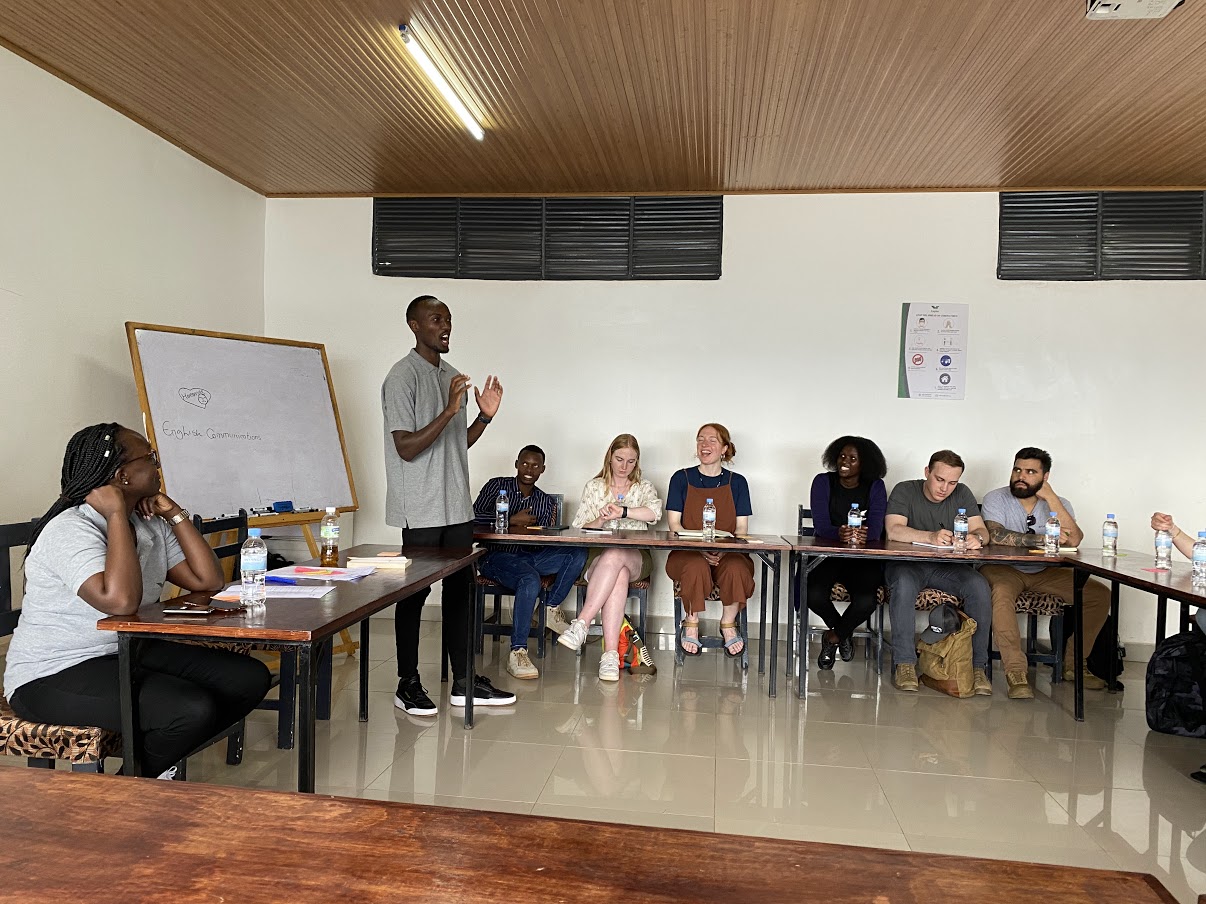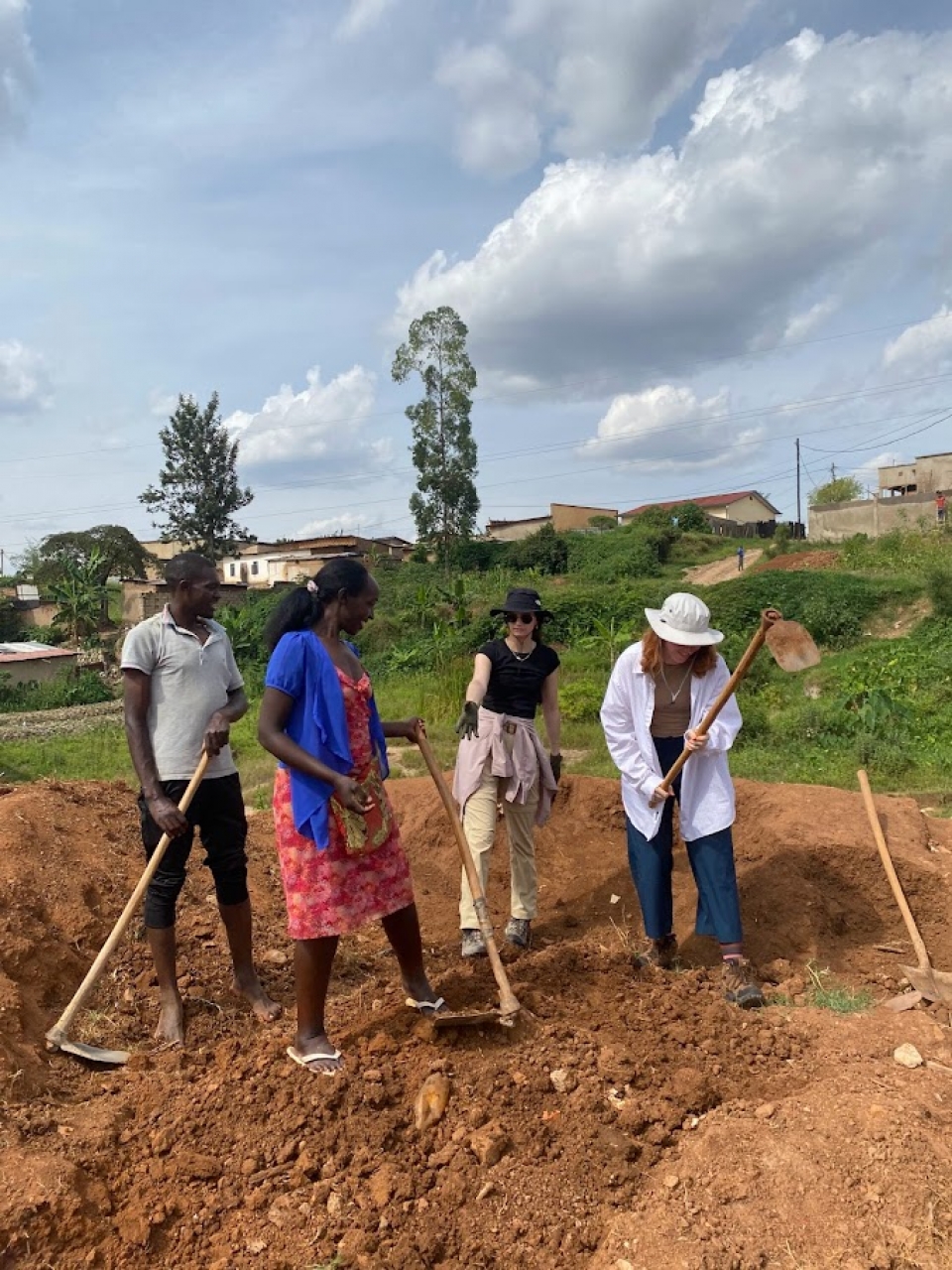If someone asked you to name European countries, how many could you name? How about African countries?
The homogenization of Africa into a single identity has long plagued the humanitarian world. In 1899, British author and poet Rudyard Kipling published a poem that defined the ongoing humanitarian controversy. His phrase “White Savior” has been upheld through the 20th century of imperialism, political conflict, and humanitarian efforts as a duty - the appointed “white man’s burden,” as Kipling put it.
While, in theory, the humanitarian work done in the 54 African countries stood to combat racism, its manifestation was just a more benevolent version - subjugating peoples of African countries and other developing regions not to chains or forced labor, but to an infantilized and simplified version of themselves. One that depends on the money and “expertise” of the West. Ghanaians, Moroccans, Sierra Leoneans, and Eswatinians all became Africans, and all Africans became impoverished, uneducated, and underfed.
Today, many nonprofit organizations in these regions are looking to change that narrative and perception, Youthlinc being one of them. They are an organization that seeks to create lifelong humanitarians through local and international service and scholastic support. Youthlinc students have visited Kenya, Mexico, Peru, Thailand, Cambodia, Vietnam, Guatemala, Nepal, and Madagascar.
Mr. Justin Powell, Youthlinc's Executive Director, is trying to combat its students' and chaperones’ misconception of Africa as being homogenous. So when Mr. Powell met Mutembezeri Pascal during Utah Global Diplomacy’s International Visitor Leadership Program on the theme of NGO management, he realized the opportunity Rwanda offered, not only to build the connection between organizations but to introduce another complex and beautiful country to students' understanding of African diversity. 
During the Youthlinc visit to Rwanda, students worked with ‘Save Community Initiative’ (the organization directed by Pascal Mutembezeri) in the village, assisting in building a community center, teaching ESL classes, promoting community health, and participating in cultural exchange activities. Mr. Pascal also connected students with Rwanda’s Kepler University, where they engaged with refugee students from the Democratic Republic of the Congo in a book group.
Mr. Powell spoke passionately about this connection, noting, “I just knew in my heart that connection with Kepler University was going to be something amazing.” Many students and chaperones expressed interest in returning to Rwanda, where they had made many lasting connections. Mr. Powell also shared that many students and chaperones experienced a significant mindset shift about the identity of Rwanda during the program.

Mr. Powell noted, “It is fascinating to have a country add to our understanding in a way that helps us be better Americans and be better neighbors.” Through this connection, Youthlinc is working to create not just lifelong humanitarians but global citizens that actively work to understand and dispel misconceptions about those with whom they interact.

